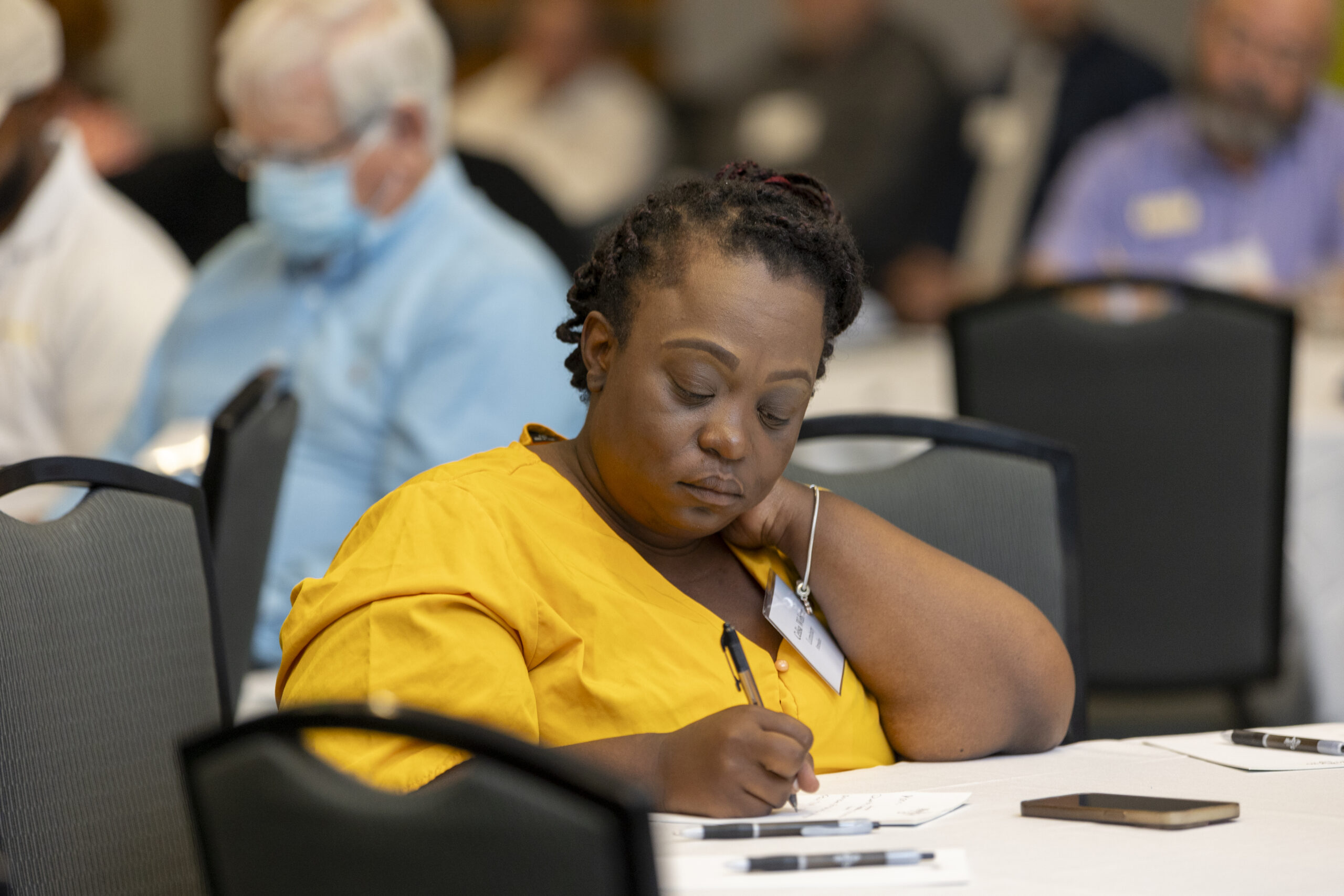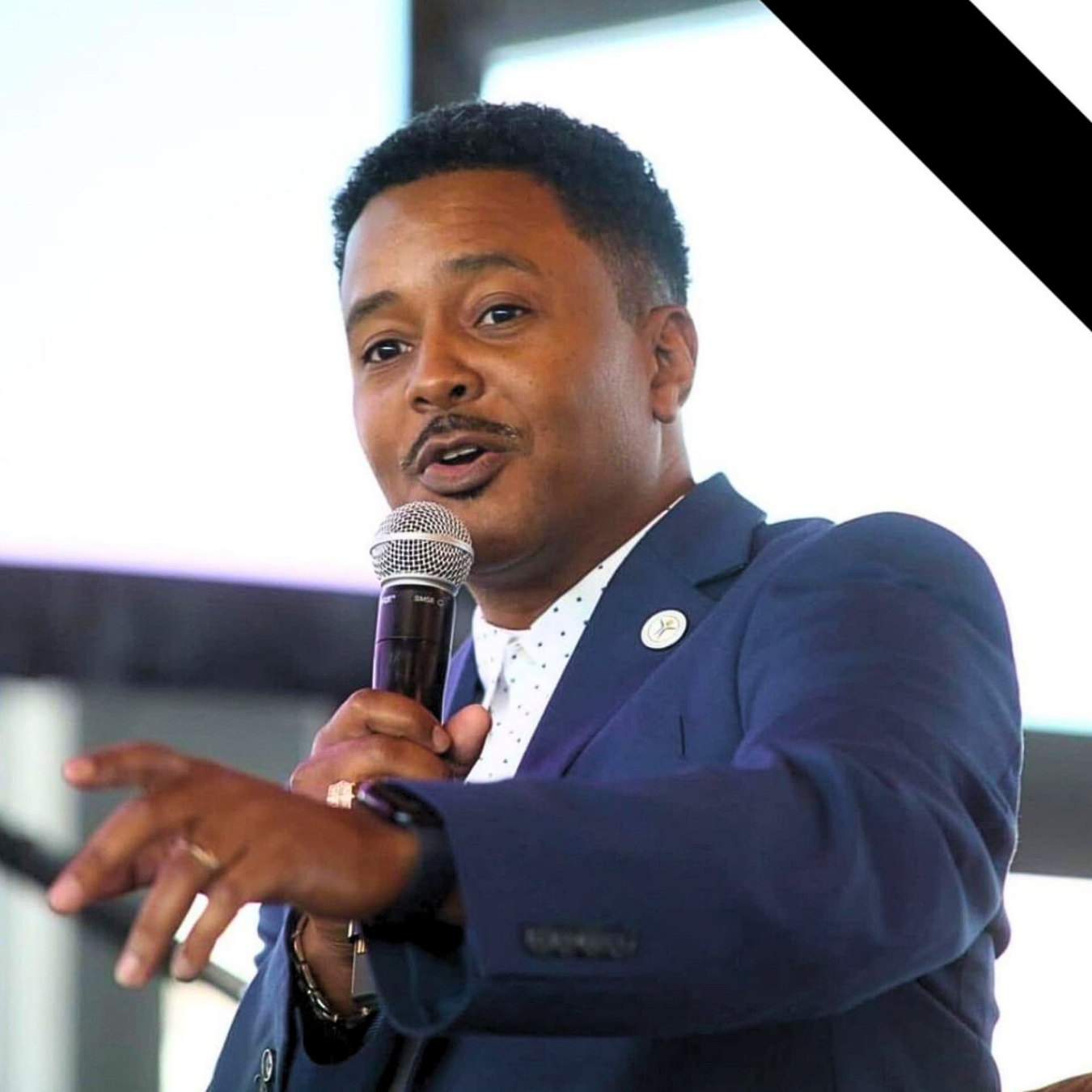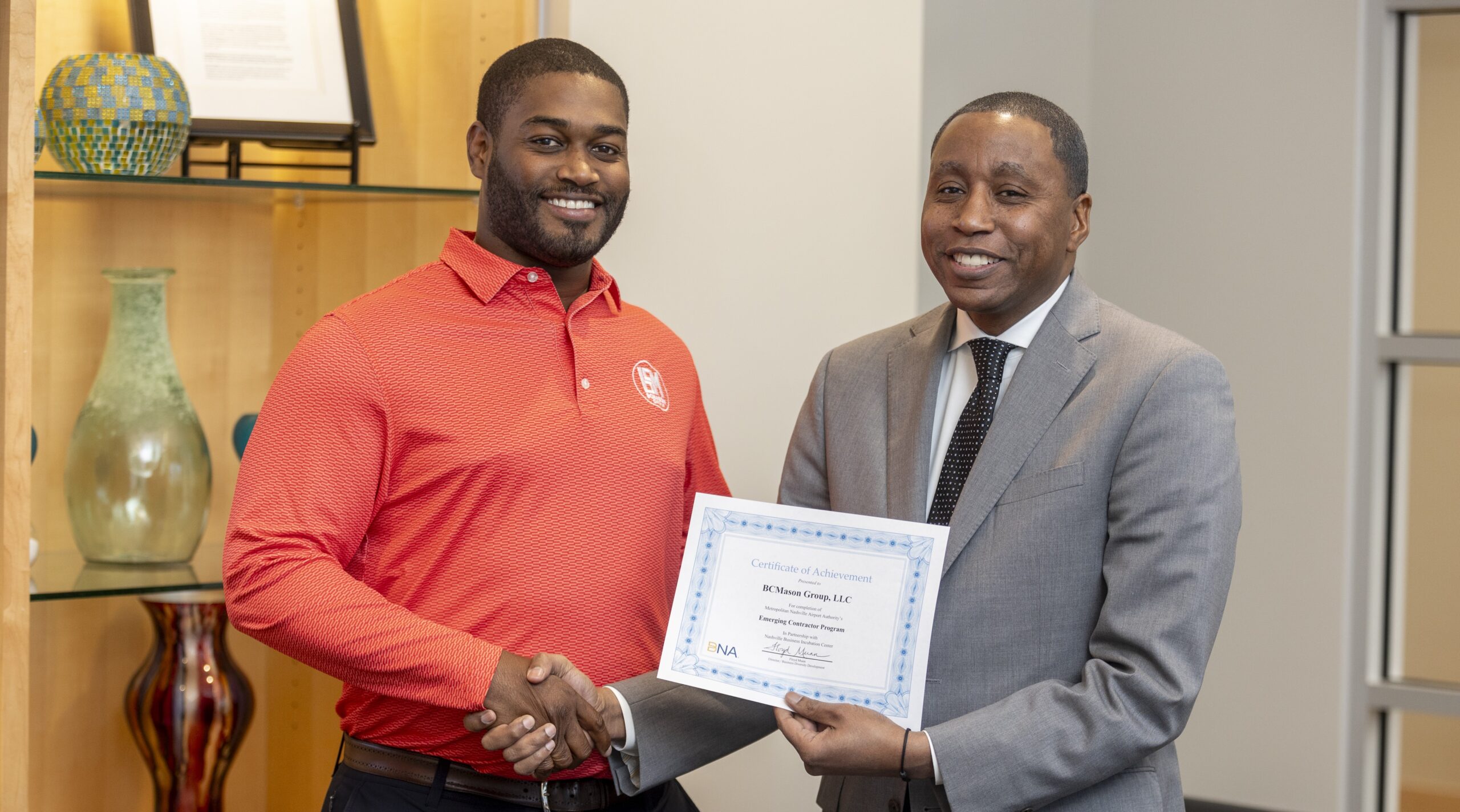Emanuel Roland was intent on going to the Air Force after graduating college. Unfortunately, his zoned high school did not have Air Force JROTC, so his father drove him to Hixson High School 30-minutes outside of Chattanooga every day. Upon graduation, as a freshman at Tennessee State University, Emanuel spent the first two years at TSU in ROTC. But after a medical diagnosis changed his plans, he turned his focus to finishing up his degree in business management. Come Junior year, at the suggestion of a friend, Emanuel enrolled in a photography class to satisfy an elective requirement. What he thought would be an “easy A” turned into an opportunity to earn a little extra money on the side. As fate would have it, a class assignment to draft a business plan minted Emanuel’s new hobby, providing a framework for what is now Roland’s Photography.
But photography wasn’t new to Emanuel. “My father has always been a photographer or hobbyist. He always had a camera,” he shares. “I had never taken an interest in it until that point, however.” As a child, Emanuel was very artistic, often spending the day drawing. So, when his interest in photography was piqued, it was another creative outlet for him.
During his time at TSU, he was introduced to The Nashville Business Incubation Center as an intern for Mass Media, a local marketing company, who used Emanuel to take pictures for client campaigns. This opportunity enabled him to establish relationships with local corporations, who would later call on him to shoot headshots and highlights from business events. These connections helped him grow the business early on, even as he shifted his focus to wedding photography.
“I wanted to be the prominent Black wedding photographer in Nashville.” And his client roster grew quickly the first couple of years. But, concerned with the trajectory he was on, Angela Crane Jones, Executive Director of NBIC at that time, helped Emanuel narrow his focus, counseling him on how to redirect business operations away from an overreliance on weddings to the occasional wedding and more corporate photography. “I was doing 15 to 20 weddings a year, sometimes two weekends every month.” He came to realize that not only was he burning himself out but his wife as well, who was tasked with tending to their two young children while he was away, sometimes on location out of the city. Angela encouraged him to evaluate where he was personally to better understand what he wanted for his business, which was financial freedom and independence.
“She was adamantly trying to get me to focus, redirecting me to the corporate side. For me, I just couldn’t see the money side of it. I didn’t feel like there was enough money in it compared to what I was making with the weddings.” Until Roland’s Photography started getting the right clientele, beginning with Meharry Medical College. Metro General Hospital, Tennessee State University, Urban League of Nashville, Cable Foundation, Kroger, the Nashville Airport, Delta Dental, Studio Bank, and many other recognizable brands followed.
But there was an unrealized goal for his business that he’d envisioned in his college business plan. “I wanted a mobile business. I didn’t necessarily want to be stuck in one location, per se. I never really wanted to be a studio photographer.” That vision for a mobile studio has come to fruition in the form of a 36 ft. Class A motor home retrofitted for photography. The Roland Experience Mobile Portrait Studio is currently the largest of its kind in Middle Tennessee with the ability to meet clients where they are. “Not only do we offer the studio experience, but we are also able to provide amenities like beverages and changing spaces, so clients don’t have to use public restrooms when shooting on location.”
Investing in the Roland Experience was a leap of faith. What started as a $500 deposit on eBay turned into a $40,000 eight-month renovation. But because Roland’s Photography was an NBIC client, Emanuel was prepared.
“Having the studio at NBIC early on was a blessing. Before moving Roland’s Photography into NBIC, I worked at UPS nights for health Insurance and ran the photography business during the day. After being accepted into the Mighty Oak program at NBIC, I was able to quit UPS and go completely full-time as a photographer.” In addition, the convenience of being based at NBIC, which at that time was located across from the TSU Avon Williams campus downtown, gave Roland’s Photography easy access to the tier of clients it was catering to.
Emanuel also attributes the financial stability of the business and the ability to fulfill the vision of owning a mobile business to NBIC programming and counseling. “I would have never felt like I was financially stable enough to do the Roland Experience had I not gone through the NBIC program. When it came time to purchase the motor home, I didn’t hesitate to get a business loan because I had business credit, and my paperwork was in order. It was simple.”
“Just having the opportunity to learn how to keep up with financials, required insurances, and networking with other business owners was great.”
Emanuel applied some of what he learned for the business to his family’s personal finances, enabling them to move into a new home debt-free.
When compared to other small business assistance programs, Emanuel has this to say, “NBIC digs a little deeper. They try to understand the long-term objective, not just from a financial standpoint but also from a personal one to ensure the two align. For me, it’s not about making this a $1M company. It’s about having a business I can sustain and fulfilling the needs I need for it to, helping me structure and prioritize the areas I need to make it work for me. NBIC keeps you accountable to what you say you want to do. You either follow the guidelines or keep it moving.”
Little known fact. Emanuel worked as the Student Services Manager for Children’s Entrepreneurial Opportunities Academy after graduating from TSU. He helped inner-city kids from elementary to high school learn how to start home-based businesses. “I would sit and think, ‘I’m being hypocritical telling the kids I’m a photographer but never stepping out to see if I could make this work financially. So, I resigned and have been pursuing photography full-time ever since.”



